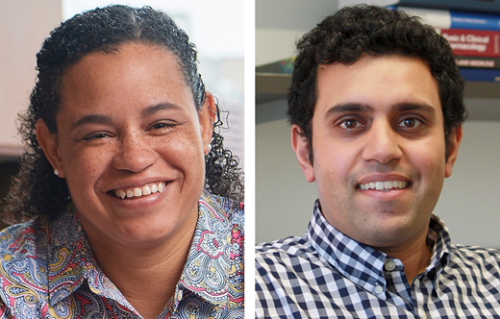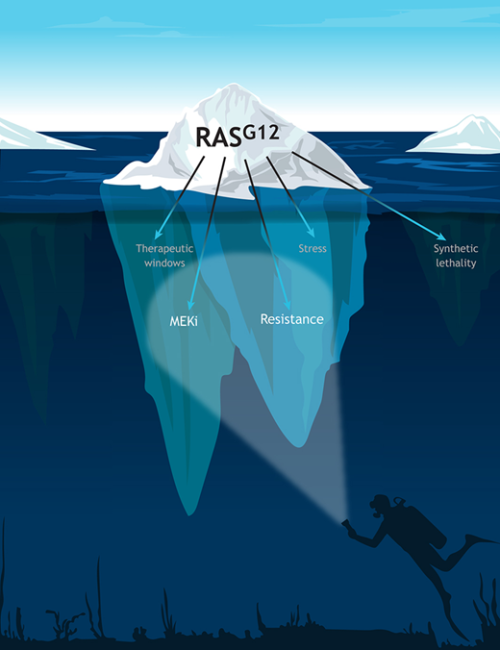Understanding and drugging RAS: 40 years to break the tip of the iceberg
Posted by Julija Hmeljak, on 7 March 2022
Disease Models & Mechanisms has launched its latest Special Issue ‘The RAS Pathway: Diseases, Therapeutics and Beyond‘, which was guest edited by Donita Brady and Arvin Dar. In the accompanying Editorial, the guest editors summarize this collection and discuss the potential impact of the articles within this evolving area of research.

All articles in this Special Issue are freely available to read and share.
The RAS superfamily of small GTPases includes over 150 members that generally function as molecular switches and regulators of cellular communication, linking cues from the cell surface to changes in gene expression. These proteins have prominent roles in cancer, but have also been implicated in other diseases, including Mendelian disorders referred to as RASopathies and non-neoplastic cerebral disorders such as Alzheimer’s and Parkinson’s disease.
2022 marks the 40th anniversary of the initial discovery of RAS mutations in human cancers. Over this time, RAS family members – in particular K-RAS due to the prevalence of the mutants – have been intensively studied and have captivated scientists from a range of disciplines.

The story of RAS from human genetics through to the first direct inhibitors represents a long and winding road of discovery that has been greatly accelerated by a focused community. However, we are likely only at the tip of the iceberg. Under the surface, much remains to be understood about different RAS family members and about targeting the dysregulated pathways with therapeutic interventions. This Special Issue of Disease Models & Mechanisms was thus conceived to collate cutting-edge research on the roles of RAS in cancer and developmental disorders, and on approaches to treat and modify the disease course in model systems.
Browse this rich collection here and share it with your colleagues!


 (No Ratings Yet)
(No Ratings Yet)